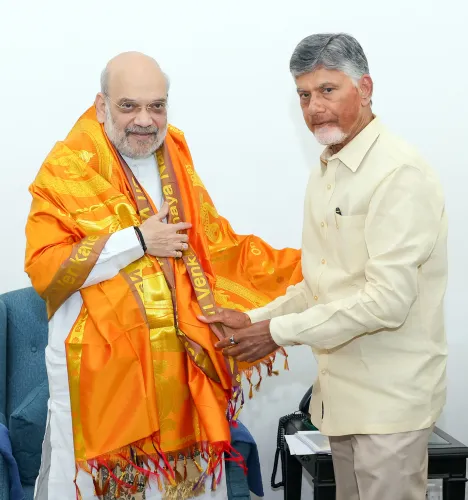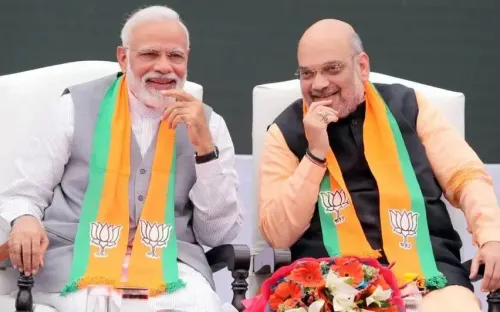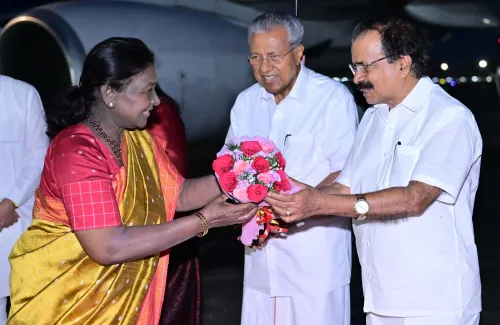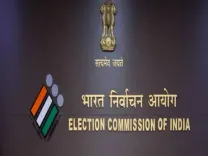Is Ram Gopal Varma Right to Criticize Dog Lovers Over Supreme Court Decision?

Synopsis
Key Takeaways
- Supreme Court's ruling has sparked controversy.
- Ram Gopal Varma questions the ethics of selective sympathy.
- Class divide in dog ownership is highlighted.
- Stray dogs pose real safety concerns.
- Compassion for animals must not come at the expense of human lives.
Mumbai, Aug 16 (NationPress) Following the Supreme Court's ruling to relocate all stray dogs in the Delhi-NCR area to shelters, numerous Bollywood personalities have voiced their disapproval, claiming that this approach is not the appropriate solution.
Filmmaker Ram Gopal Varma has responded to the concerns expressed by animal enthusiasts.
The director of 'Sarkar' remarked that while individuals are being attacked and even killed by stray dogs, dog lovers are preoccupied with tweeting about canine rights.
He emphasized that although there is nothing wrong with caring for pets at home, it is callous to advocate for compassion for the dogs while ignoring the victims and their families.
Varma highlighted the disparity by stating: "Wealthy individuals keep purebreds. The less fortunate suffer injuries and fatalities at the hands of strays. This is a class issue that dog lovers often overlook."
He posed a thought-provoking question: "If a human kills, he is labeled a murderer. If a dog kills, it is termed an 'accident.' Does that mean humans who kill can similarly be classified as accidental?"
The filmmaker criticized the selective sympathy displayed by some, who mourn for dogs but neglect the pain of those who lose loved ones due to dog attacks.
He suggested that instead of simply crying out against the killing of strays, dog lovers should consider adopting street dogs. He provocatively asked, "Is it because they are seen as low-status, dirty, or disease-ridden, or are you worried about your own family's safety?"
Varma asserted that compassion devoid of justice is merely cruelty cloaked in self-righteousness.
He noted that stray dogs do not tend to attack within gated communities but are more prevalent in areas lacking such protection.
In a further critique of pet owners, he urged them to create hashtags for mothers whose children have been fatally attacked by stray dogs.
He concluded by asserting that while all animals deserve to live, it should not come at the cost of human lives.









